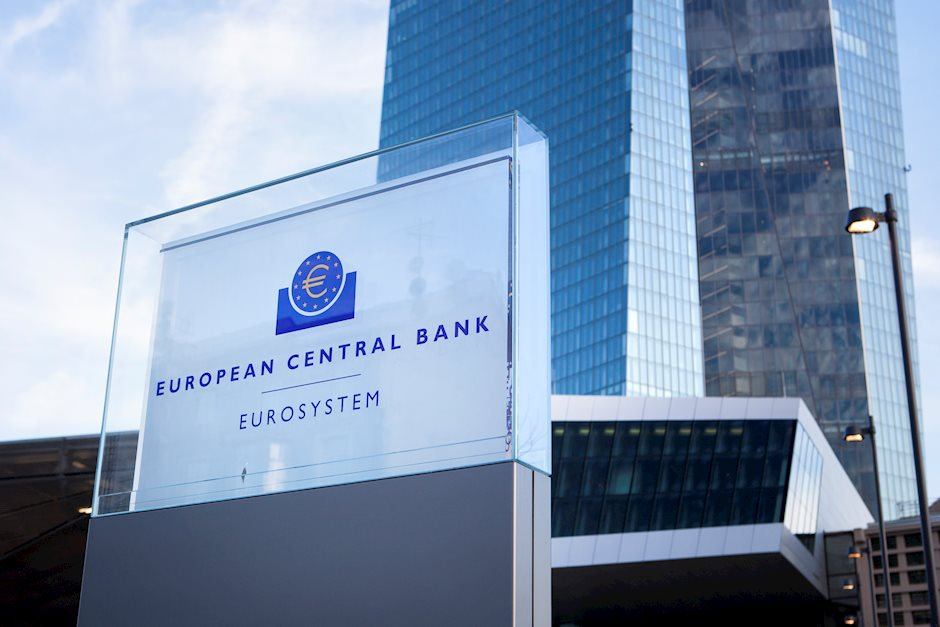ECB preview: Another rate cut without new forward guidance

With the latest inflation data out of the eurozone, a rate cut at next week’s European Central Bank meeting has almost become a done deal. As current headline inflation is closing in on 2% and longer-term inflation forecasts remain stable at around 2%, the ECB has enough reasons to further reduce the level of monetary policy restrictiveness.
Contrary to the Fed, the ECB must have had a relatively quiet summer break. The message sent at the July meeting has worked: it’s all about data dependency. Despite the message, we are still a bit amused when the ECB mentions data dependency as we had always thought that monitoring and assessing all available data is simply part of a central banker’s job description. Still, and maybe with a bit of luck, the data releases in the eurozone since the ECB’s July meeting almost all point to a weakening economic outlook and slowing inflation. The best economic backdrop for another rate cut.
New forecasts will be key
Actual data is only factor in determining the ECB’s rate decision next week. The other one is forecasts. Back in June, the ECB’s macro forecasts had for the first time brought forward the timing and profile for the economic recovery, expecting growth to have returned to potential (0.4% quarter-on-quarter) already in the second quarter of 2024. At the same time, the ECB had become a bit more cautious on inflation, seeing inflation returning to below 2% only in the first quarter of 2026. The newest batch of macro forecasts to be presented next week is likely to show broadly unchanged growth forecasts and probably a slight downward revision to inflation forecasts for 2025 and 2026, on the back of lower oil prices and a stronger euro exchange rate.
Back in June, the ECB had expected growth to come in at 0.9% this year, 1.4% in 2025 and 1.6% in 2026. We are less optimistic about the growth outlook but only remind you that it wouldn’t be the first time that the ECB would eventually postpone the moment of a eurozone recovery. As regards inflation, the ECB in June expected headline inflation to come in at 2.5% this year, 2.2% in 2025 and 1.9% in 2026. For us these inflation forecasts were slightly too optimistic as we expect wage growth to remain higher for longer and inflation to remain stickier. Almost needless to say that for the ECB next week, any downward revision to growth or inflation would increase the likelihood of a more rapid pace of rate cuts, while upward revisions would motivate the hawks to slow down further rate cuts.
Technical detail
As one of the conclusions from the ECB’s review of its operational framework, it had announced that by 18 September the spread between the refi and deposit rate would be lowered to 15bp, from 50bp currently. As such, this narrowing of the spread could be interpreted as an easing of monetary conditions (though the main refinancing operations are hardly used nowadays). While this narrowing of the spread could theoretically be used by ECB hawks, for us it is not a very convincing argument to keep the deposit rate on hold next week. We still think that a majority at the ECB would prefer an outright cut of all three policy rates.
No new forward guidance
For next week, fading inflationary pressures are the strongest argument in favour of another rate cut. At the same time, still high wage growth and still too high, albeit declining, selling price expectations suggest that the fight against inflation is not entirely over, yet. This will make further rate cut decisions beyond the September meeting initially more complicated and controversial than currently priced in by financial markets. As a result, we don’t expect any new forward guidance at next week’s meeting. For now, the data-dependency narrative has worked, why change it.
Read the original analysis: ECB preview: another rate cut without new forward guidance
Author

ING Global Economics Team
ING Economic and Financial Analysis
From Trump to trade, FX to Brexit, ING’s global economists have it covered. Go to ING.com/THINK to stay a step ahead.

















